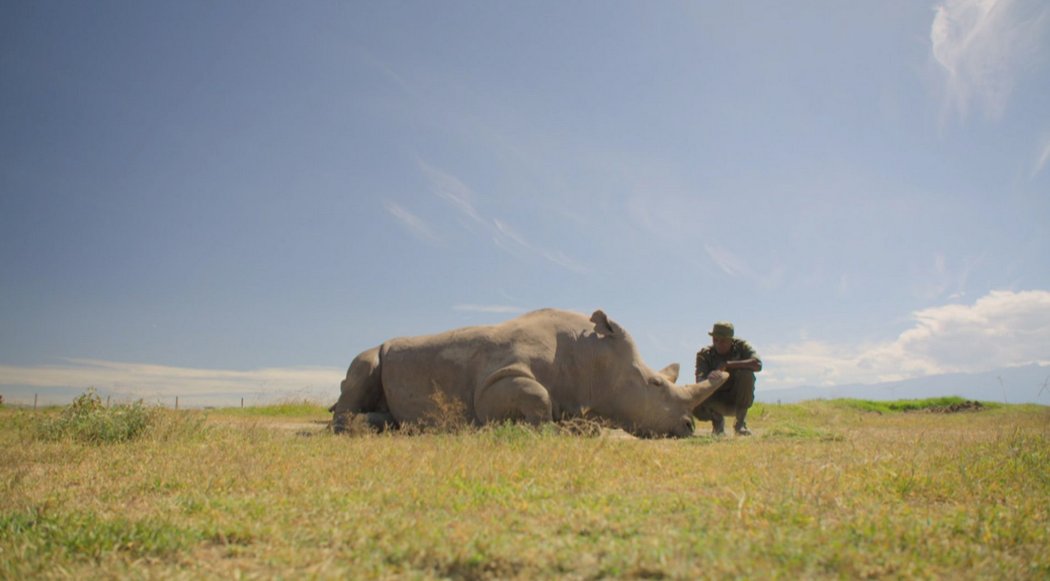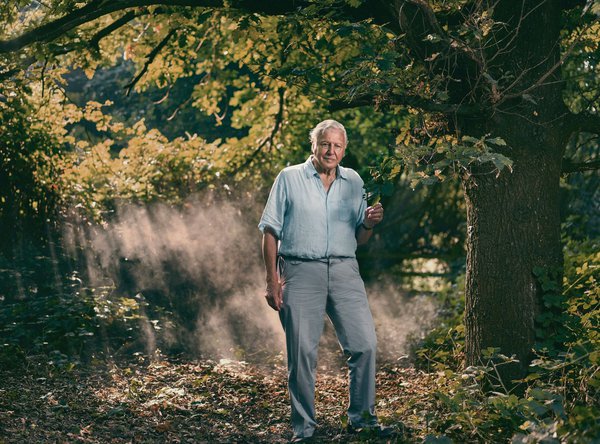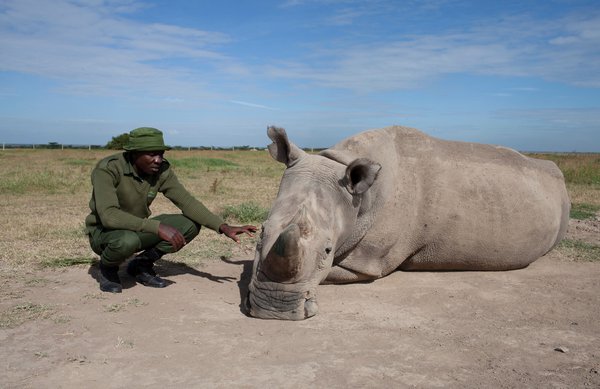How We Can Put a Halt to Biodiversity Loss

Dhaka, 19 April, 2021: Extinction: The Facts, a documentary narrated by Sir David Attenborough, lays out compellingly that species around the world “are vanishing at rates never seen before in human history.” This rapid disappearance of wildlife will only accelerate “unless we take immediate action.”
Stanford’s Professor Elizabeth Hadly warns onscreen that, in the twenty-first century, the human race could be the new “asteroid” that causes the next mass extinction. The approximately sixty-minute film details manmade practices driving widespread biodiversity loss.
The climate crisis, which Hadly describes as the “escalator to extinction,” is of course the leader of the doomsday pack when it comes to extermination threats. Startlingly, Extinction also argues that these lethal trends are exponentially unleashing plagues, including COVID-19.

Sir David Attenborough
A production of BBC Studios’ Science Unit, Extinction is produced and directed by Serena Davies, who previously helmed 2019’s Climate Change: The Facts, with Attenborough and Greta Thunberg. Extinction tells its riveting tale with exceptionally high production values, in particular its use of sumptuous cinematography that ranges from aerial long shots of Earth to extreme closeups of plants, insects, and beasts in the wild.
Intercut with this optical opulence are interviews with scientists, activists, academics, economists, conservationists, and caretakers such as James Mwenda, protector of Africa’s last two northern white rhinos at Kenya’s Pejeta Conservancy. The documentary is held together by the onscreen presence of naturalist Attenborough, who is now ninety-four years old.
Dr. Peter Daszak, president of the nonprofit EcoHealth Alliance, delivers what is arguably Extinction’s most hair-raising commentary. “We’re behind every pandemic,” the British zoologist and disease ecologist eerily asserts, “It’s our interaction with nature that drove COVID-19.”
However, as dire and damning as Daszak’s wakeup call about humanity’s own culpability may be, it also contains a kernel of opportunity, because some of the harm coming to the planet could be avoided.
To counter biodiversity loss, annihilation, and ecological apocalypse, the film calls for a strategic partnership between industry, the private sector, local communities, and government. Extinction provides specific case studies of this alliance and—though reviled by rightwing, laissez-faire fanatics—government regulations enacted to successfully save the environment and endangered species.

Northern White Rhino from a scene in "Extinction: The Facts"
Another powerful scene includes flashbacks to Attenborough’s personal encounters in Rwanda’s forest with then-threatened mountain gorillas in scenes from Attenborough’s iconic 1979 Life on Earth series. Though they were on the brink of being wiped out at the time, these gorillas have been saved by proactive conservationist cooperation in Rwanda’s Virunga Mountains. Today, the gorillas are thriving, their population growing from about 250 to 1,000-plus.
“We are facing a crisis and one that has consequences for us all, but it’s not too late,” says Attenborough in the film. “I truly believe that together we can create a better future, if we make the right decisions at this critical moment.”
Extinction suggests that the price and peril of economic systems placing profit before the planet is that humanity itself is at risk of becoming an endangered species in what may turn into a “lost world.”
Read More
.

